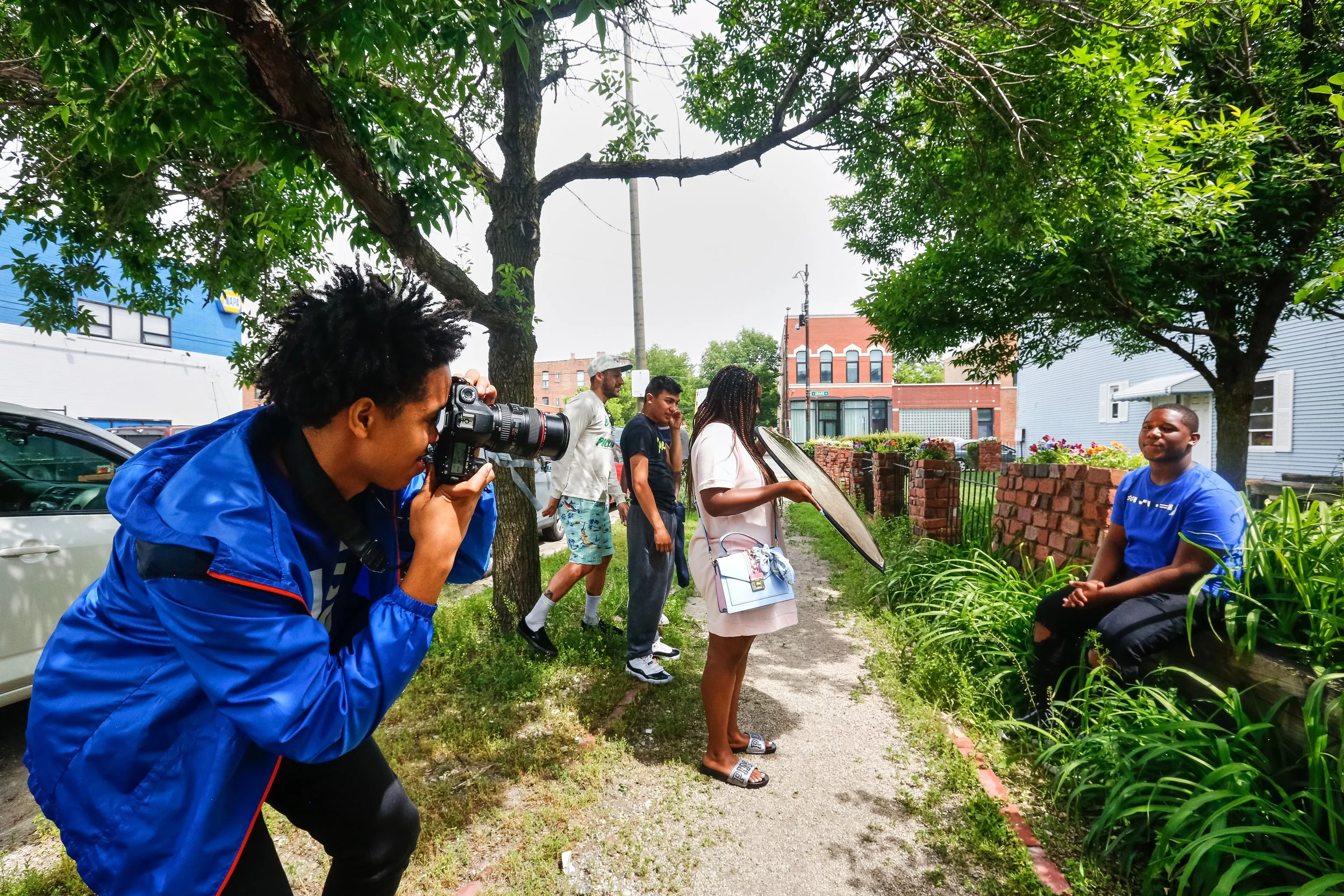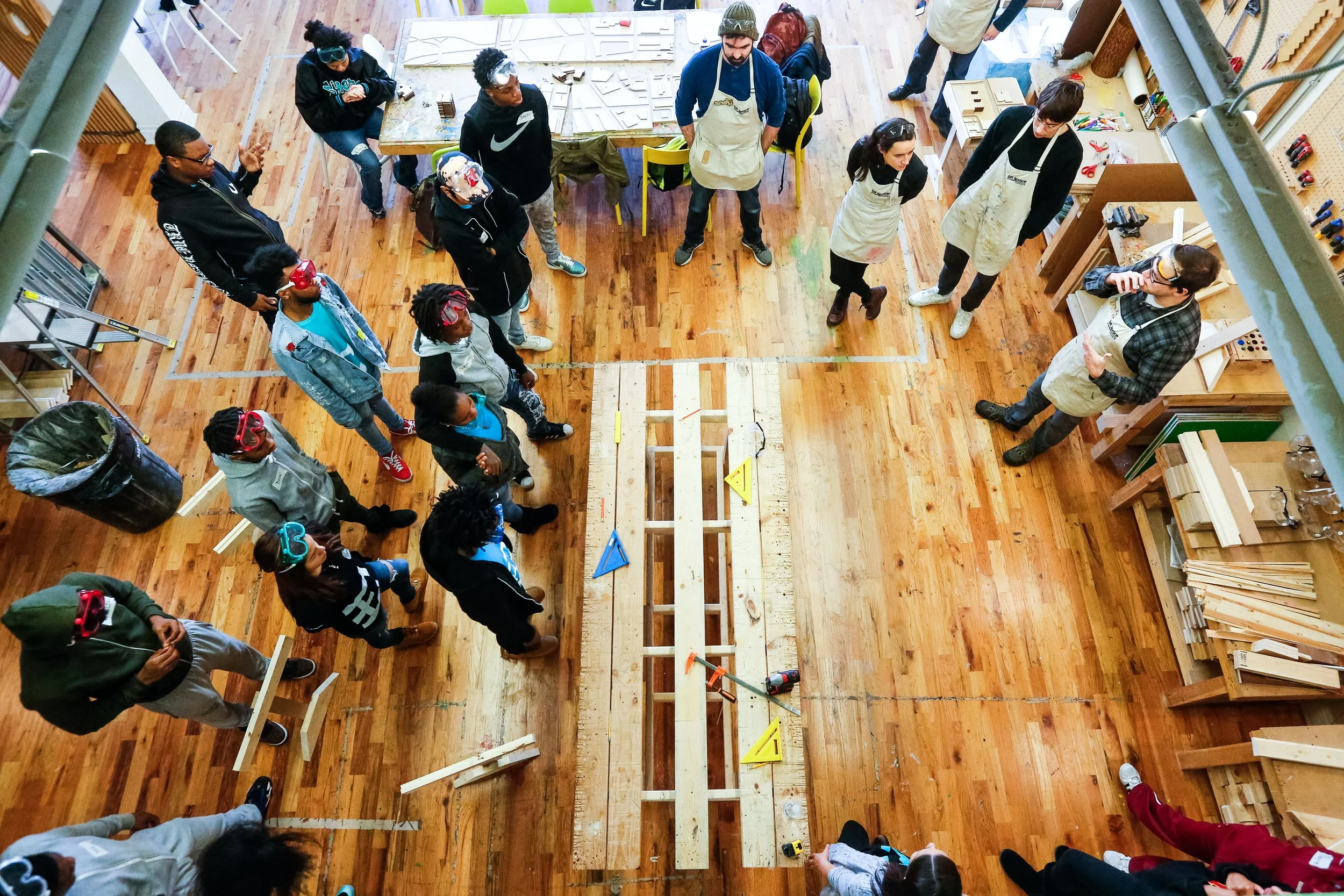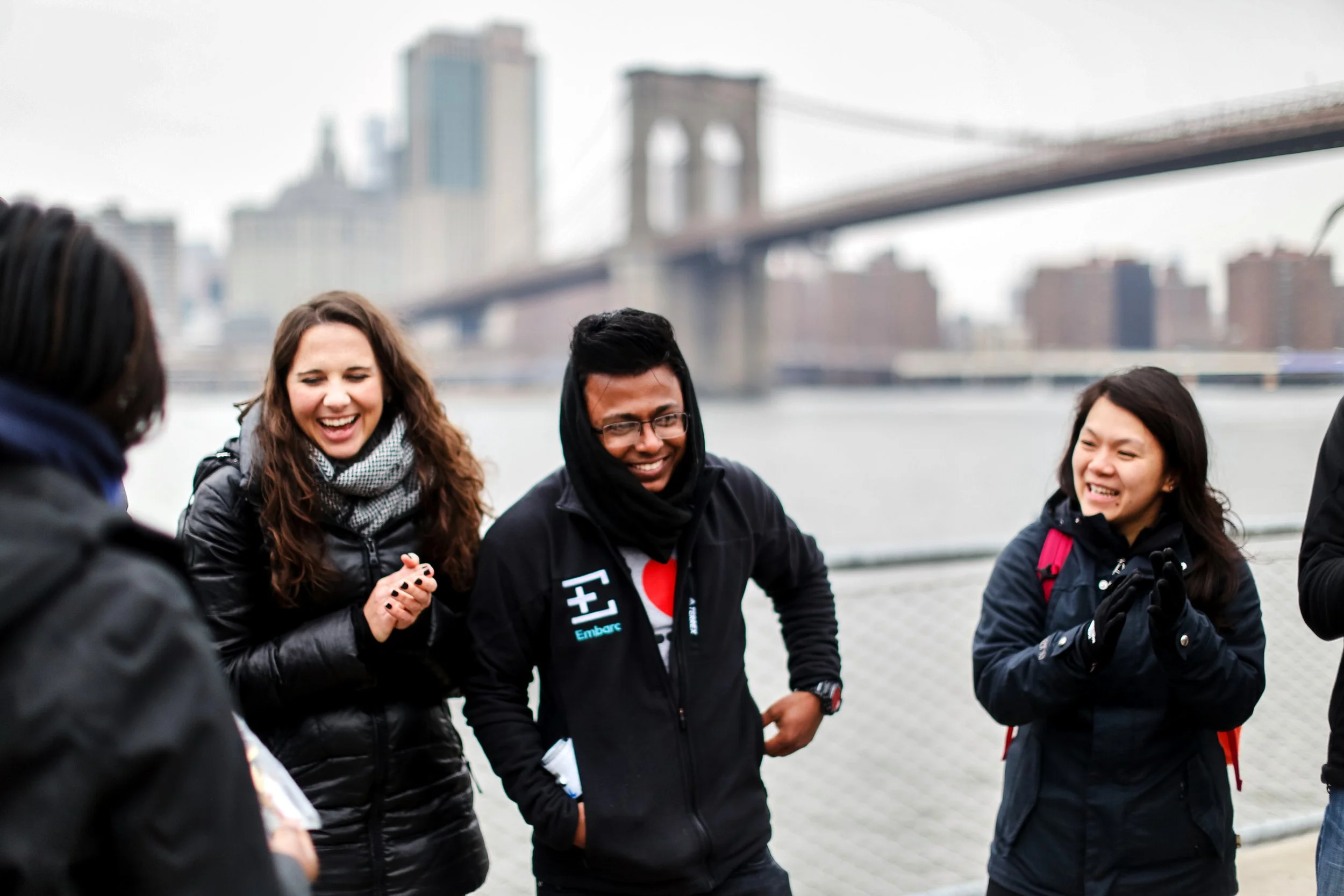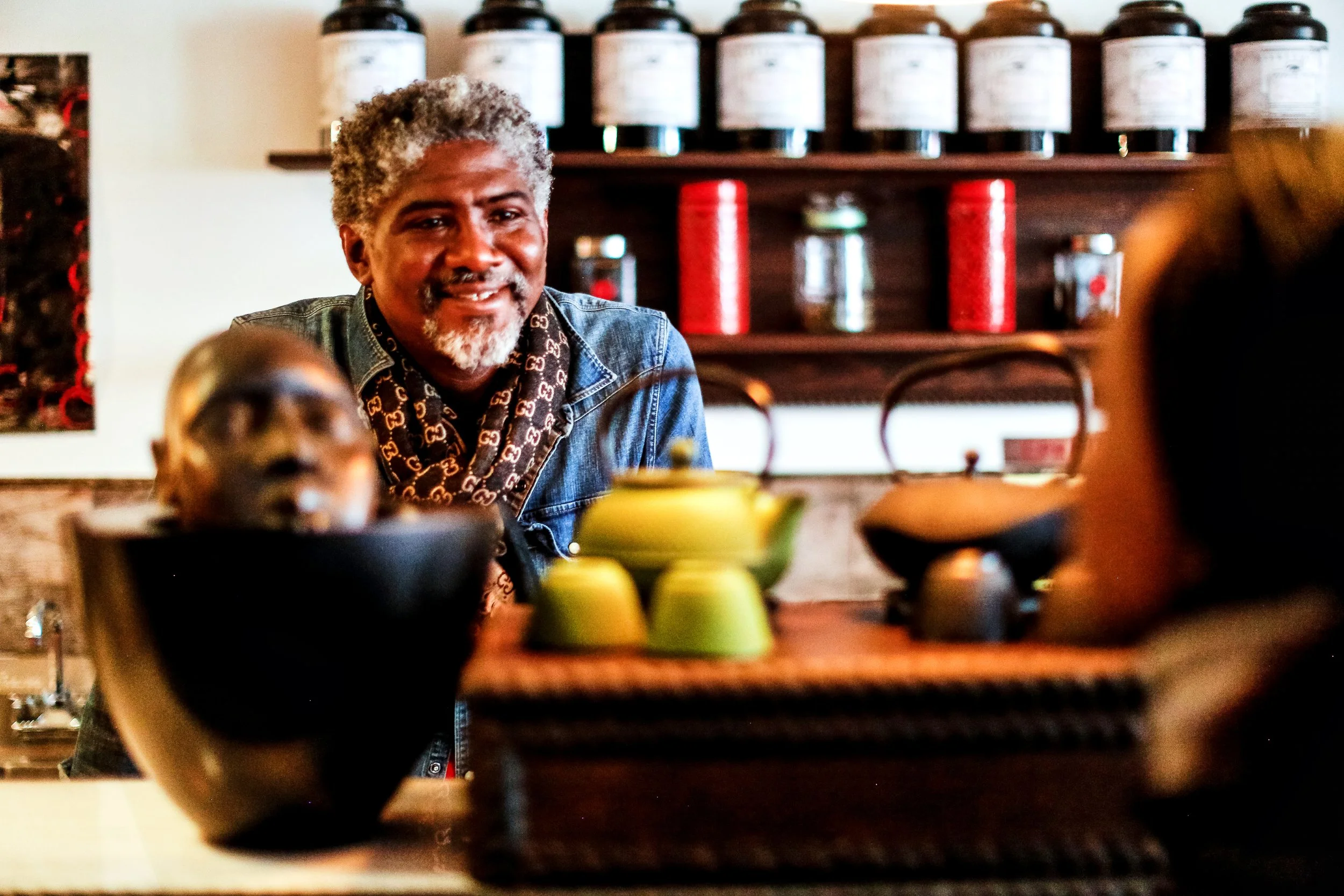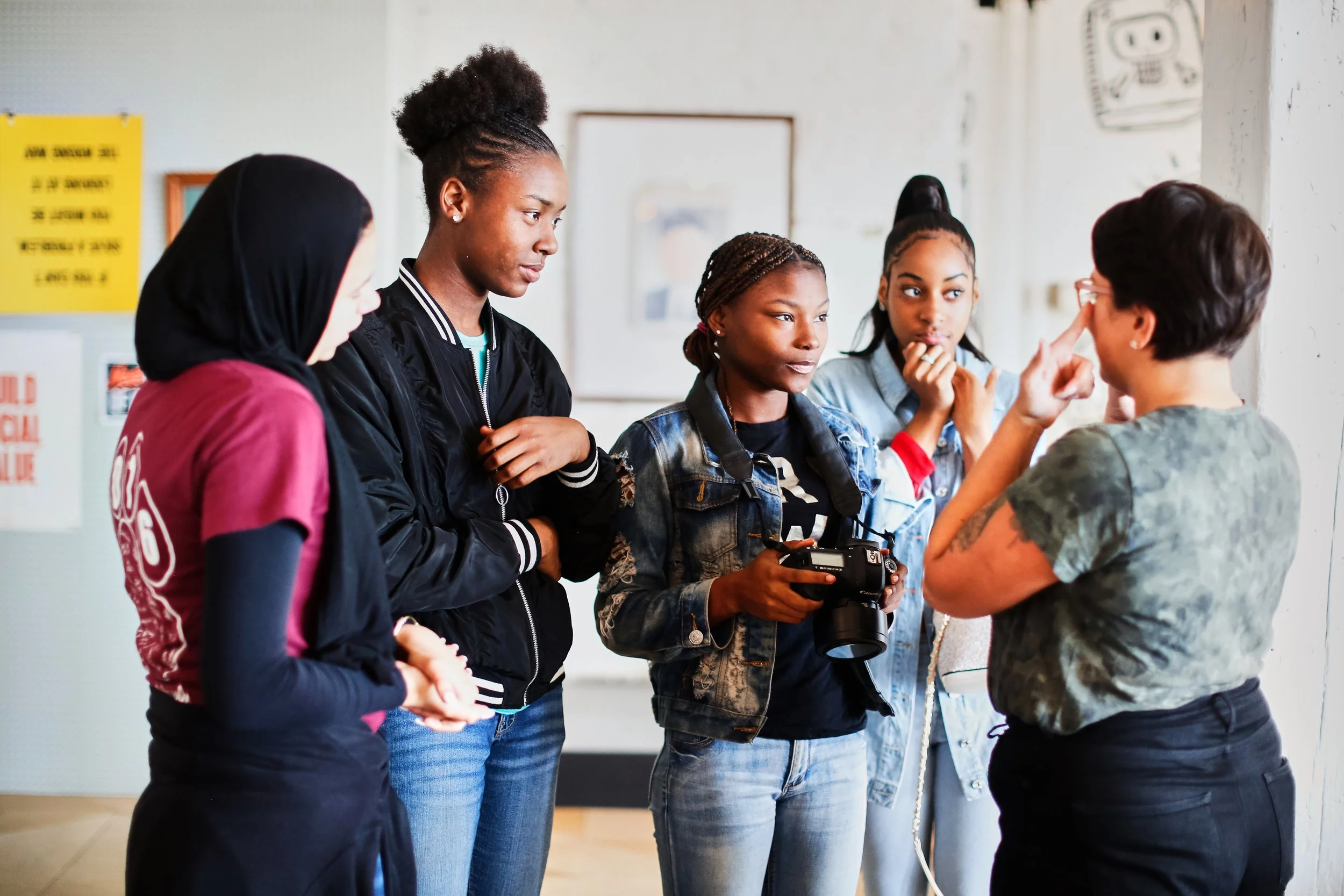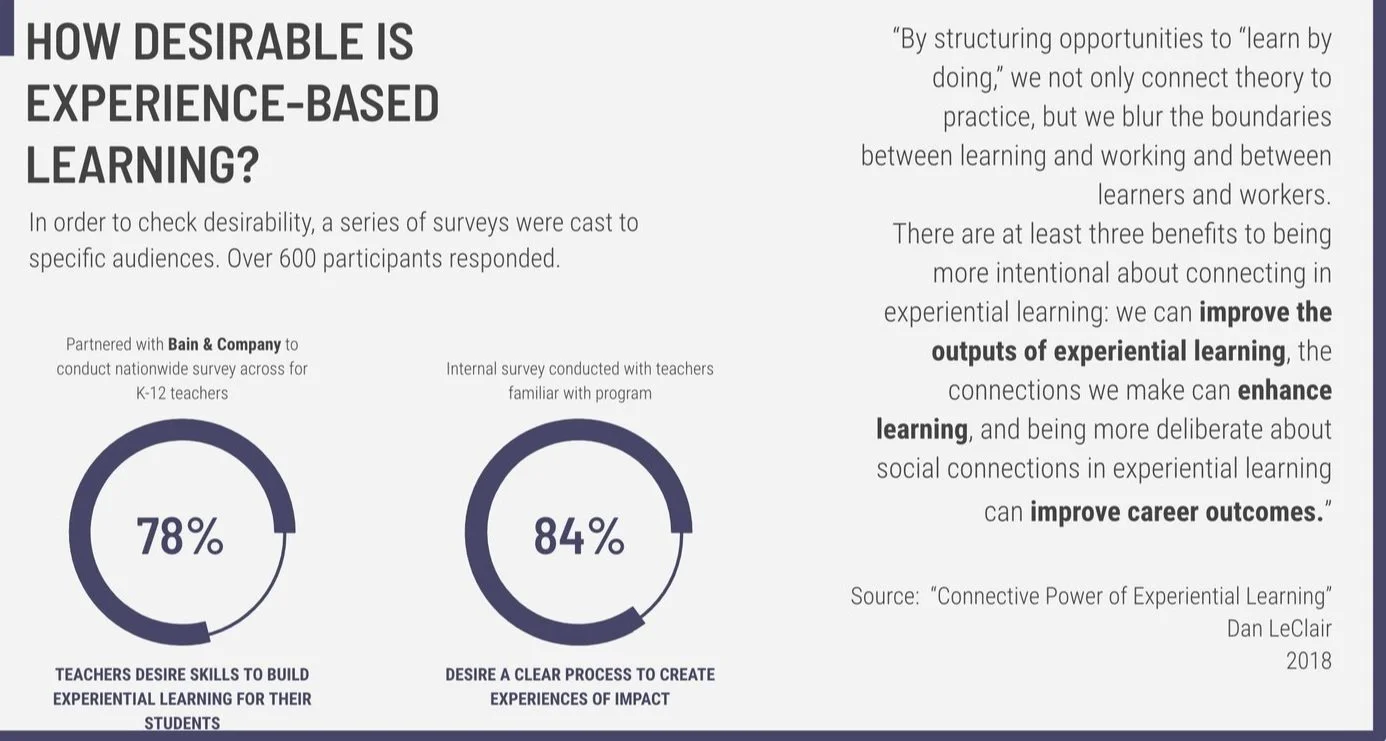Experiential Learning Program
Program Overview
Design a new experiential learning model that shifts the mindsets of young people so they believe they belong everywhere
Personal Contribution
Built program and department from its infancy.
Recruited, hired, managed team of 5 direct reports
Cultivated innovation-forward culture via design sprints, weekly Tinker Time meetings, and prototyping competitions
Authored and refined templates of experiential learning journeys in order to scale impact by 17X
Multiplied portfolio 3X within one year by garnering 400+ stakeholder partners including Google, Bank of America, LinkedIn, Salesforce, Byline Bank, Motorola Solutions, and Chicago Bulls
Designed customized data system and multi-user communication processes to track complex logistics and synthesize impact-moment metrics, increasing partnership collaboration by 6X
Collaborated cross-functionally across the organization
The Challenge
To dismantle the systemic inequities in the education system, Embarc imagined a new education model, a future where real-world, experience-based learning is accessible to as many students, teachers, families, and communities as possible. Focused on bringing together schools, cultural institutions, and the private sector together, there is opportunity to dissolve the borders in Chicago.
The hypothesis: experiences make us who we are. Chicago high school students deserve experiences that shift their mindsets and remind them that they are boundless. The goal of the program was to infuse the educational system with a revolutionary service and supporting curriculum to alter these outcomes and build the belief in all young people that they belong everywhere.
Embarc focused its efforts in Chicago Public Schools that were graduating students at a disproportionately low rates: 47% of students graduated in 5 years of high school.
Graduation Rate
Research & Discovery
Primary and secondary research methods where utilized to determine the feasibility and desirability. The following methods were utilized:
Stakeholder Interviews
Educator Surveys, in partnership with Bain & Co.
Desktop Research, in partnership with University of Chicago’s Consortium on School Research
Live experimentation and learning by doing allowed for the most clarity of viable services.
Insights
Criteria for developing moments of impact were studied in the field. Upon analysis, the four core elements in order to produce an impactful experience includes four truths for the young participants:
Novelty
Engagement
Reflection
Mindset
Experience Rubric
Driven to identify measurable elements of experiences, the team began to explore how to measure student mastery.
From desktop research of The University of Chicago’s Chicago Consortium on School Research, the Action-Reflection Cycle was fleshed out to create a rubric, similar to what educators would use to grade students’ performance in classrooms. This modernized rubric explored identified measurable student behaviors that would indicate mastery of various skillsets.
With Embarc’s training, teachers created impactful moments for their students 180% more frequently both inside and outside the classroom.
Scaling the Model
Simultaneously, the organization was growing at rapid scale which required I hire and train service designers to onboard new partners, design unique experiences that hit all four core elements: novelty, engagement, reflection, and mindset.
In order to do this, experiences were reviewed holistically to determine how the learning was structured. Experiences were able to be categorized.
These categories of experiences were formed into templates, allowing new teammates to learn the specific Embarc learning model and develop new experiences that aligned to different service templates.
Data Gathering & Analysis
In order to measure impact, a data system was co-designed by myself and Embarc’s Data Scientist. The data system was in heavy prototyping stage for 2 months before it was ready to pilot for 3 months.
Learnings from this experiment led to four major revisions:
Greater accessibility to feedback loops
Synthesized experience recap email to Service Designers
Synthesized experience recap email to Embarc Teacher and Coach
Iteration suggestions to improve experience scores
Quantitative data was supported by qualitative sections allowing service designers to have full access to various participant narratives. Collecting data led to in-depth discussions about experience components and improved student development.
Results
“There is nothing like Embarc on the educational landscape. They are truly an interruptive and disruptive force in the best of ways.”

